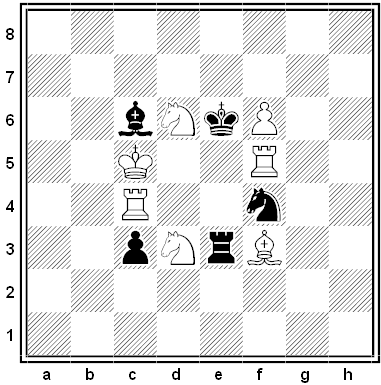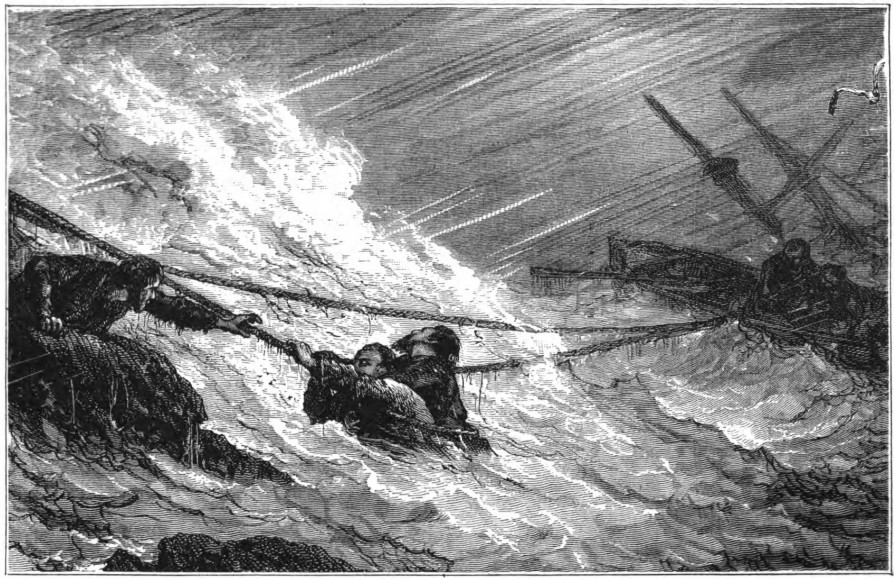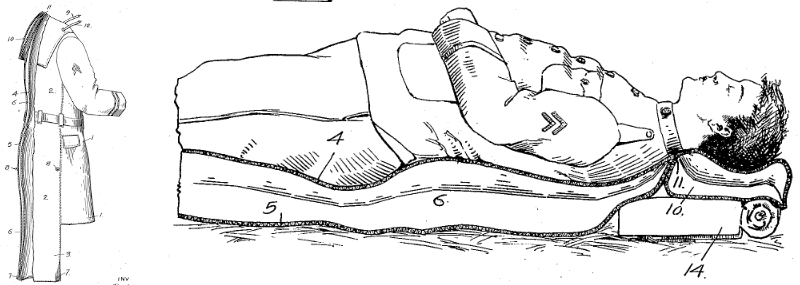
In the Japanese art of kintsugi, broken pottery is not discarded but mended with a lacquer mixed with gold, silver, or platinum, to connote an appreciation of the flawed and the imperfect and to mark the repair as one event in the object’s life, not the end of its useful service.
The Japanese philosophy of mushin finds an analogy with human life. Christy Bartlett writes in Flickwerk: The Aesthetics of Mended Japanese Ceramics (2008):
Not only is there no attempt to hide the damage, but the repair is literally illuminated … a kind of physical expression of the spirit of mushin. … Mushin is often literally translated as ‘no mind,’ but carries connotations of fully existing within the moment, of non-attachment, of equanimity amid changing conditions. … The vicissitudes of existence over time, to which all humans are susceptible, could not be clearer than in the breaks, the knocks, and the shattering to which ceramic ware too is subject.
“This poignancy or aesthetic of existence has been known in Japan as mono no aware, a compassionate sensitivity, or perhaps identification with, [things] outside oneself.”
(See Edifice Complex.)








